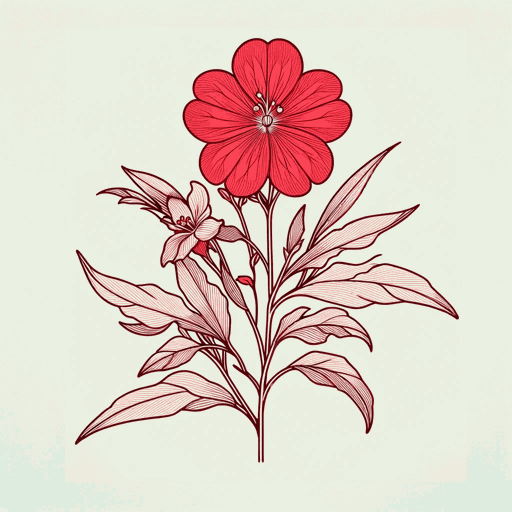93 pages • 3 hours read
Emma OrczyThe Scarlet Pimpernel
Fiction | Novel | Adult | Published in 1905A modern alternative to SparkNotes and CliffsNotes, SuperSummary offers high-quality Study Guides with detailed chapter summaries and analysis of major themes, characters, and more. For select classroom titles, we also provide Teaching Guides with discussion and quiz questions to prompt student engagement.
Important Quotes
“A surging, seething, murmuring crowd of beings that are human only in name, for to the eye and ear they seem naught but savage creatures, animated by vile passions and by the lust of vengeance and of hate. […] During the greater part of the day the guillotine had been kept busy at its ghastly work: all that France had boasted of in the past centuries, of ancient names, and blue blood, had paid toll to her desire for liberty and for fraternity. The carnage had only ceased at this late hour of the day because there were other more interesting sights for the people to witness, a little while before the final closing of the barricades for the night.”
(Chapter 1, Pages 1-2)
The author opens her book with a condemnation of the peasants of Paris who thrill to the gory deaths of their aristocratic class. She describes them as if they were depraved animals. This sets the tone for a book in which French commoners behave like beasts while the nobles they besiege, and the English people who save them, act with civilized decorum. It’s made clear that the good folks are noble or English or both, and the bad ones live in France.
“[…] for those aristos were such fools! They were traitors to the people of course, all of them, men, women, and children, who happened to be descendants of the great men who since the Crusades had made the glory of France: her old noblesse. Their ancestors had oppressed the people, had crushed them under the scarlet heels of their dainty buckled shoes, and now the people had become the rulers of France and crushed their former masters—not beneath their heel, for they went shoeless mostly in these days—but beneath a more effectual weight, the knife of the guillotine.”
(Chapter 1, Page 2)
The French Revolution of 1789 against the king had devolved, by 1792, into a festival of executions of aristocrats killed, not because they had done bad things, but because they were part of the loathed upper classes. The author, herself an exile from an anti-noble uprising in Hungary, took a dim view of such revolutions, especially when they celebrated revenge killings. Her opinion of the French peasants—who, in the book, watch with glee as their former masters get their heads lopped off—was even darker.
“Mr. Jellyband was indeed a typical rural John Bull of those days—the days when our prejudiced insularity was at its height, when to an Englishman, be he lord, yeoman, or peasant, the whole of the continent of Europe was a den of immorality, and the rest of the world an unexploited land of savages and cannibals.”
(Chapter 2, Page 9)
The author shows a keen sense of English attitudes in the decades when their worldwide empire begins to expand. Of their chief competitors, France and the other countries of Europe, the English feel serene contempt.

